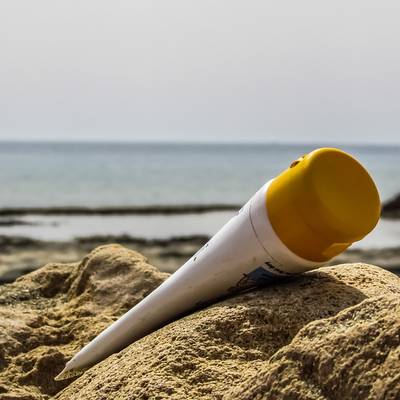
Should I take any health precautions when travelling to Italy?
Italy is well-renowned for its rich culture, history, and cuisines. As the fifth most visited country globally, various tourists flock to the country each year to witness its mesmerizing landscapes and architectural marvels. However, when planning a trip to Italy, understanding the health precautions to take becomes crucial. Let's delve into what precautions are best recommended for a safer, healthier trip to Italy.
General Health Precautions
Travel Insurance:The first consideration should be securing yourself a comprehensive travel insurance policy that covers medical expenses. This precautionary measure ensures that if an unexpected health issue arises, you do not suffer financially. Consider policies that include repatriation if it becomes necessary.
Medical Kit:Having a basic medical kit equipped with essentials like band-aids, antiseptic wipes, and painkillers is a practical measure that can come in handy for minor medical emergencies.
Vaccinations:Before your departure, ensure that routine vaccines, such as measles-mumps-rubella (MMR), varicella (chickenpox), polio, and your yearly flu shot, are all up-to-date. Currently, there are no specific vaccines required for travel to Italy, although the COVID-19 vaccine is highly recommended.
Food and Water Precautions
Tap Water:Despite Italy's tap water being safe to drink, tourists often opt for bottled water due to differences in taste. Therefore, it's not a health precaution per se, but a matter of personal preference.
Food Safety:Italy is globally recognized for its culinary delights, from Neapolitan pizza to Tuscan gelato. However, to prevent foodborne illnesses, observe general precautions such as ensuring your food has been thoroughly cooked, particularly for meats and seafood. Avoid uncooked or undercooked eggs and always wash fruits before consumption.
Outdoor and Safety Precautions
Sun Safety:Italy is known for its Mediterranean climate, which includes hot, dry summers. Therefore, sun safety is vital. Always wear broad-spectrum sunscreen with an SPF of at least 30, wear protective clothing and a wide-brimmed hat, and seek shade during peak sun hours from 10 a.m. to 4 p.m.
Insect Precautions:Insects, particularly mosquitoes, can be prevalent in some areas of Italy, especially during the summer months. Use insect repellent regularly, particularly in the evenings.
Precautions Against Local Health Concerns
COVID-19:The ongoing COVID-19 pandemic is undoubtedly a significant concern for travellers. Ensure to adhere to guidelines set by the local health department, which may include wearing face masks in public spaces, maintaining social distance, and regularly sanitizing hands. Also, keep abreast of the latest travel advisories and rules regarding quarantine periods and testing requirements.
Air Quality:In heavily trafficked urban areas like Milan and Rome, air pollution can occasionally become a health concern, potentially causing difficulties for people with respiratory conditions. Therefore, individuals with such conditions are advised to monitor local air quality reports and adjust outdoor activities accordingly.
Pre-existing Medical Conditions
If you have a chronic disease or pre-existing medical condition, it is essential to plan healthcare needs in advance. Always carry adequate supplies of medications, preferably in their original packages accompanied by your doctor’s prescription. Also, it is wise to locate nearby medical facilities upon reaching your destination in Italy.
Conclusion
Taking health precautions doesn't mean you anticipate danger; instead, it is a prudent measure to ensure your trip to Italy is memorable for all the right reasons. Soak in the beauty of Italy, be it the iconic Colosseum in Rome, the magical canals of Venice, or the leaning tower of Pisa, while staying healthy and safe. Agog about Michaelangelo's masterpieces or a gourmand with a penchant for authentic pasta, you'll thoroughly enjoy Italy when well-prepared.





